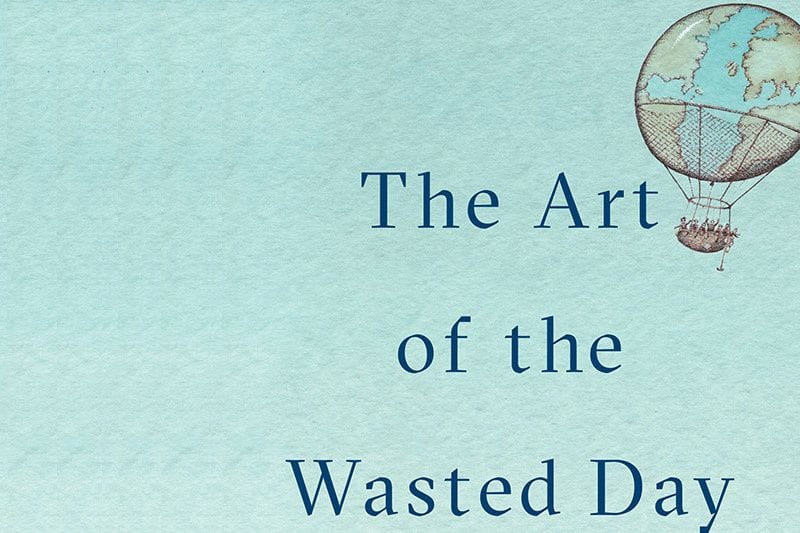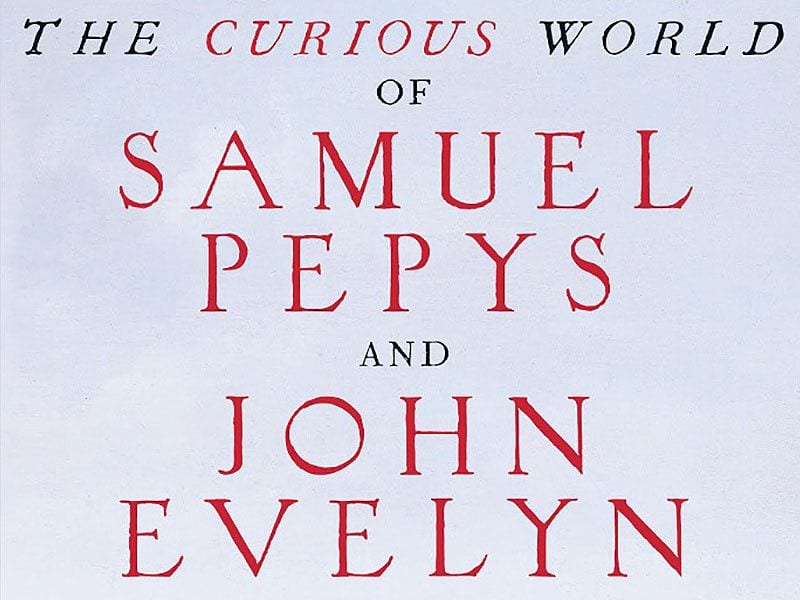
How to Read Terry Eagleton’s ‘How to Read Literature’
Prolific literary critic Terry Eagleton tries to explain how but doesn't tell why, we shouldn't read about vacuum cleaners in How to Read Literature.

Prolific literary critic Terry Eagleton tries to explain how but doesn't tell why, we shouldn't read about vacuum cleaners in How to Read Literature.

Gwyneth Jones's masterly account of the life and times of Joanna Russ serves as a timely reminder of the strides made in visibility and diversity in science fiction literature —and the distance still left to traverse.

From Marion Turner's work, Chaucer: A European Life, Chaucer emerges as a man who lived through intrigue, rebellions, a peasant's rising, and above all, a determination to translate.

In Novel Sounds, scholar Florence Dore is interested in how a mass cultural phenomenon like rock 'n' roll can help illuminate realities about institutionalized high culture.

Patricia Hampl explores the intersection between wandering, leisure, and the power of the imagination in this thoughtful memoir.

The artists and writers of Paris' Left Bank brought scandal and controversy in their time. In so doing they shaped the artistic and intellectual milieu of the modern world.

Mary Poppins, Mrs. Gamp, Egyptian deities, a Japanese umbrella spirit, and a supporting cast of hundreds of brollies fill Marion Rankine’s lively history, Brolliology.

There's something characteristically English about the Royal Society, whereby strangers gather under the aegis of some shared interest to read, study, and form friendships and in which they are implicitly agreed to exist insulated and apart from political differences.

Two recently translated works -- Lydie Salvayre's Cry, Mother Spain and Joan Sales' Uncertain Glory -- bring to life the profound complexity of an early struggle against fascism, the Spanish Civil War.

Did the Victorians deal with their rapidly changing society better than civilization today is dealing with equally new dizzying discoveries?

Me talking about Chris Kraus talking about Kathy Acker talking about Bernadette Mayer is like Camille Paglia talking about Susan Sontag talking about Simone Weil talking about Jesus Chris.

Twenty stories of mixed signals, strange lands, and one-night stands in America and beyond.